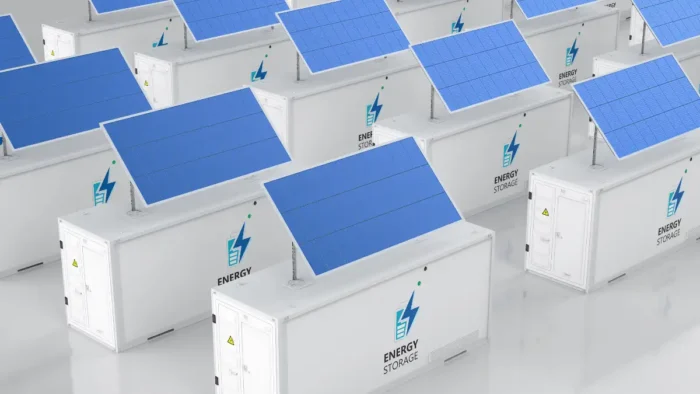As an entrepreneur, it can be difficult to make the decision to close down your unsuccessful business. When faced with this challenging task, however, one of your goals should be to recoup as much money as possible. This can help minimize loss and potentially give you a financial head start for your next venture.
With this said, let’s take a look at five useful tips you could utilize to do just that!
1. Evaluate What You Can Sell or Donate
Analyzing your available assets is the first step to recouping as much money as possible from closing down an unsuccessful business. Start by making a list of what you can sell and/or recycle. For instance, consider furniture that may have been purchased in bulk over time, or similar items that can be sold quickly at marked-down prices.
If any equipment or machinery is still functioning properly, go ahead and start looking for buyers as soon as possible. Also, donating items that may not be viable to resell can be a great way to save on storage costs.
2. Sell Any Assets, e.g., Trucks in an Organised, Timely Manner to Maximize ROI
As mentioned above, part of the cost of shutting down a business includes selling off any assets that may be present, such as vehicles or heavy machinery. If you possess one or more trucks, for instance, it’s important to organize them for sale well ahead of time to maximize their resale value.
This means ensuring that all documentation is up to date and in good order, such as title paperwork, service records, and repair reports. And in an increasingly digital world, the easiest way to sell your fleet trucks is by utilizing online resale websites. These platforms allow vendors to list and market their vehicles or equipment while also bringing interested buyers closer.
If you can’t find an immediate buyer, renting out such equipment could also be an option before selling them at auction or offloading them. All in all, think of ways to milk the assets you have available as much as possible and ensure that they are being managed effectively until sold.
3. Recover Money Owed by Debtors or Unpaid Invoices If Any
Businesses often have outstanding invoices and receivables that they are still owed money on. When looking to recoup as much money as possible during business liquidation, it pays to follow up with debtors who owe you payment and take effortful action to collect what is due to you.
Also, contact those who received services but failed to pay the associated invoices at all or partially. Reach out to customers, suppliers, and others who might owe the business money.
4. Handle Loan Repayment with Care
If you took a loan for your business, it is important to handle its repayment properly. This also means taking into account all costs associated with closure. For instance, check if there are any penalty issues associated with early termination – as these could add to the costs of repayment.
Figure out if any part of the loan amount could be refunded, or consider transferring it to another form (debt consolidation) where you could benefit from reduced rates or longer payment terms.
5. Reach Out for Help and Take on Advice From Experienced Professionals
Lastly, do not hesitate to ask professionals such as accountants, lawyers, financial advisors, and business consultants for help during this time. They will understand your current situation better than the average businessman and are in a great position to advise on how best to recover as much money as possible during a closure.
Utilize them for insights on current market conditions that may determine the optimal time to sell assets or other potential strategies towards either recovering money owed or reducing costs of loan repayments.
Overall, closing down an unsuccessful business can be a painful, difficult process. This is more so because it comes with numerous financial repercussions. However, by utilizing the designated tips and advice from experienced professionals, entrepreneurs can minimize their financial losses and optimize their assets until the closure is complete.
With the above simple steps in mind and a drive to succeed, you can find it easier than expected to shut down your business, albeit with minimal impact on your finances.





